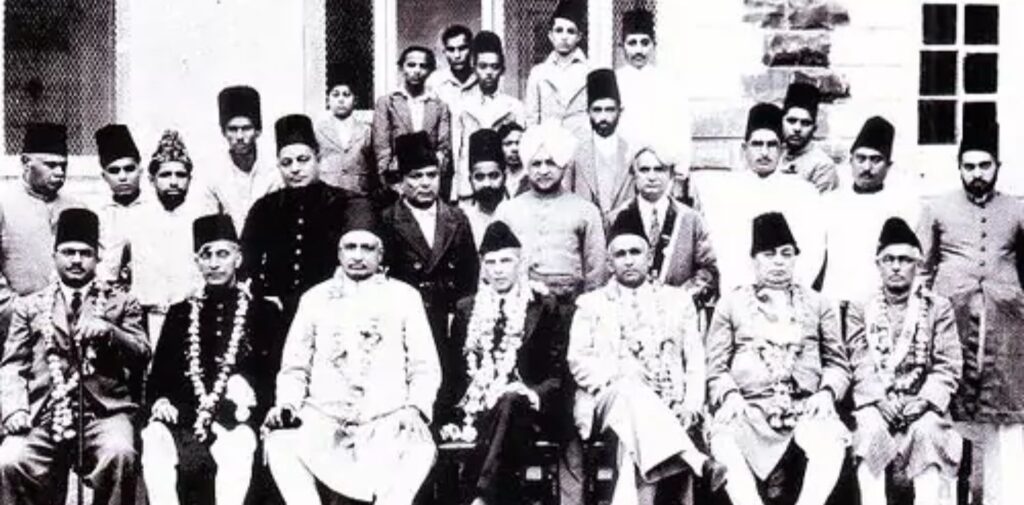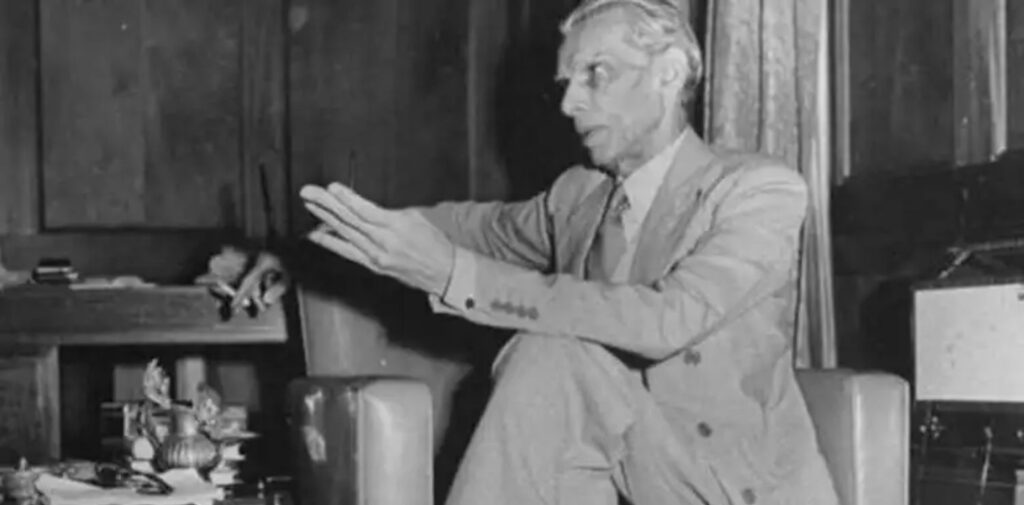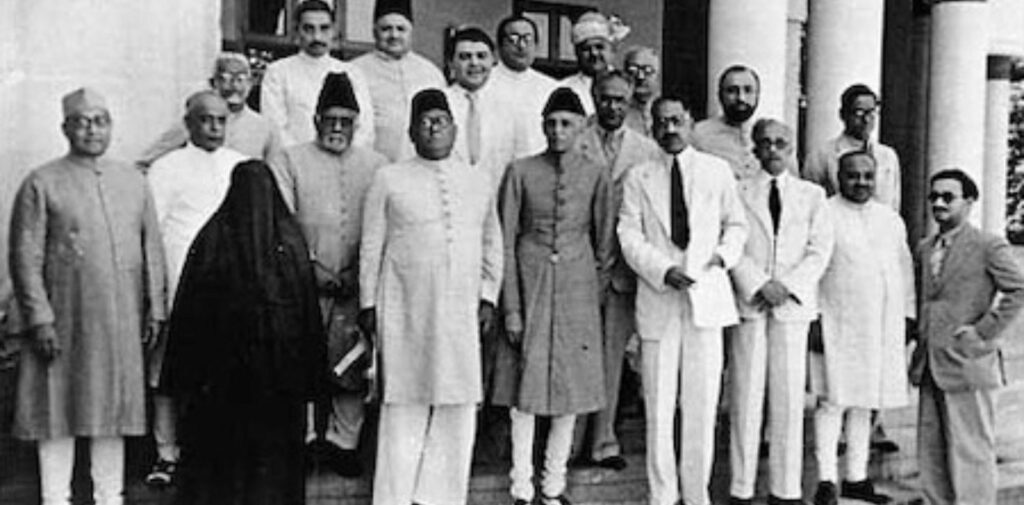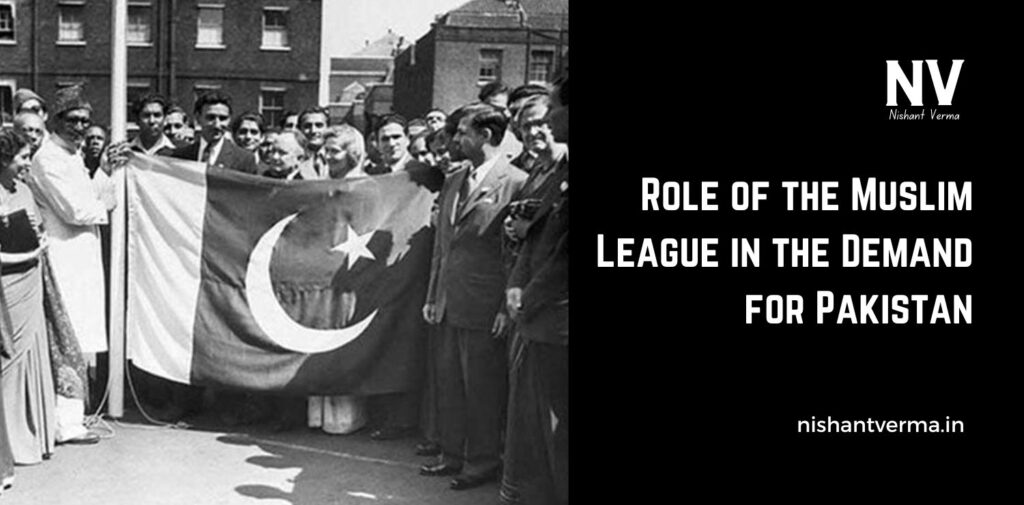The history of India’s struggle for independence is full of brave leaders and big movements. However, among the many important events in that history, one of the most significant and controversial moments was the creation of Pakistan. This event was deeply linked to the demand of a separate nation for Muslims in the Indian subcontinent. And the Muslim League, a political party that represented the Muslims of India, played a key role in making this demand a reality.
In this article, we will look at how the Muslim League emerged, why it demanded a separate country for Muslims, and how these demands changed the course of history for both India and Pakistan.
What Was the Muslim League?
The All India Muslim League, often just called the Muslim League, was a political party formed in 1906 in the city of Dhaka. It was created with the goal of protecting the rights and interests of Muslims in British-ruled India. The British had controlled India for many years, and during this time, different groups of people wanted their voices heard.
At first, the Muslim League was focused on making sure that Muslims had a fair say in the decisions made by the British rulers. The League wanted Muslims to be treated fairly, especially when it came to jobs and political rights, as many felt that their interests were being ignored in a mostly Hindu-majority country.

Why Did the Muslim League Demand a Separate Country?
In the beginning, the Muslim League was not focused on creating a separate country. However, things started to change in the early 20th century. There were several reasons why the Muslim League began demanding a separate nation for Muslims:
- Fear of Hindu Dominance: As India moved closer to independence, there were fears among Muslims that, after the British left, the Hindu-majority would dominate the government and policies. There was a belief that Muslims would be treated unfairly in such a scenario, leading to a lack of opportunities and rights for them.
- Two Different Cultures: Hindus and Muslims in India had many differences in terms of their culture, religion, and way of life. While they had lived together in India for centuries, these differences often led to misunderstandings and even conflicts. The Muslim League argued that these differences were so deep that Muslims and Hindus could not live together peacefully in one country.
- The Leadership of Muhammad Ali Jinnah: The most important person in the Muslim League’s push for a separate Pakistan was Muhammad Ali Jinnah. Jinnah, who was a lawyer and political leader, became the leader of the Muslim League in the 1930s. He strongly believed that Muslims in India needed their own nation to ensure their political, social, and religious rights. Jinnah’s leadership was crucial in turning the idea of a separate Pakistan into a reality.
The Lahore Resolution (1940)
One of the key moments in the Muslim League’s demand for Pakistan came in 1940. This was when the League formally called for a separate state for Muslims. At the annual session of the Muslim League in Lahore, Jinnah and other leaders passed the Lahore Resolution. This resolution, also called the Pakistan Resolution, was a clear statement that Muslims in India wanted their own separate country.
The Lahore Resolution stated that Muslims in India should be given their own homeland, where they could freely practice their religion and culture. This was a turning point in Indian history. Before this, many people had believed that Muslims could live peacefully alongside Hindus in an independent India. But the Lahore Resolution made it clear that the Muslim League now wanted a separate nation.

The Role of Jinnah: The ‘Father of Pakistan’
Muhammad Ali Jinnah became known as the “Father of Pakistan” because of his central role in creating the new country. Jinnah was a master of politics and used his skills to unite Muslims behind the idea of a separate Pakistan. He was very determined and worked hard to convince both the British and the Indian National Congress that Muslims needed their own nation.
Jinnah’s speeches were powerful and persuasive. He argued that Hindus and Muslims were two different nations and that they could not live together in peace. He insisted that Muslims should have the right to form their own country, just like other nations had the right to self-rule.
Despite facing many challenges and opposition from both Hindus and some Muslim leaders, Jinnah never gave up on his mission. He remained firm in his belief that a separate country for Muslims was the only way to protect their future.
The Impact of the Muslim League’s Demand for Pakistan
The demand for Pakistan had a huge impact on the future of India. The Muslim League’s push for a separate country eventually led to the partition of India in 1947. This partition resulted in the creation of two independent countries: India and Pakistan. However, this division was not peaceful. It led to widespread violence, with millions of people displaced from their homes. Hindus and Muslims who had lived together for centuries suddenly found themselves on opposite sides of a new border. The violence during the partition was brutal, with many people losing their lives in communal riots.
Pakistan was created as a separate homeland for Muslims, while India remained a secular nation with a large Hindu majority. The creation of Pakistan, however, did not solve the issues between Hindus and Muslims. In fact, it set the stage for decades of tension, conflict, and war between India and Pakistan. The impact of the Muslim League’s demand for Pakistan is still felt today, as the two countries continue to have disagreements, especially over the Kashmir region.

Criticism of the Muslim League’s Demand
While many Muslims supported the creation of Pakistan, there are many who criticize the role of the Muslim League in demanding it. Some argue that the demand for Pakistan created unnecessary division among people who had lived together for centuries. Before the partition, Muslims, Hindus, Sikhs, and other groups had shared the same culture, language, and history in many parts of India. The division based on religion, some argue, only made things worse and led to years of conflict.
Furthermore, many believe that the Muslim League’s leaders, including Jinnah, were too focused on protecting Muslim interests without considering the broader picture of India’s unity. Their push for Pakistan led to the separation of families, the loss of lives, and a deepening of religious divides.
Many people also argue that the creation of Pakistan was a political decision, and that it was driven by the ambitions of the Muslim League’s leaders rather than the true desires of the common Muslim people. Some believe that the leaders were more interested in power than in truly solving the problems of Muslims in India.
Conclusion: Role of the Muslim League
The role of the Muslim League in the demand for Pakistan is a crucial chapter in the history of the Indian subcontinent. The demand for a separate Muslim state, led by Muhammad Ali Jinnah, changed the course of history and led to the partition of India in 1947. While Pakistan was created as a homeland for Muslims, the division also caused immense pain and suffering for millions of people.
Today, the effects of the partition are still felt, and the legacy of the Muslim League’s demand for Pakistan continues to shape the relationship between India and Pakistan. The story of the Muslim League is one of political ambition, religious identity, and the complexities of nation-building. Whether one supports or criticizes the Muslim League’s actions, it is clear that their demand for Pakistan played a pivotal role in the history of South Asia.




